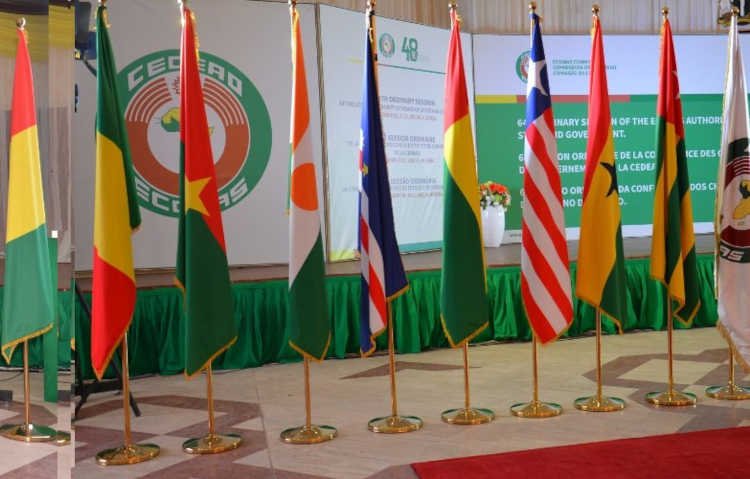There is a need for the Economic Community of West African States (ECOWAS) to consider renewed rounds of dialogue with the military governments of Niger, Mali and Burkina Faso following their withdrawal from the regional bloc.
Development Diaries reports that the countries allege that the regional bloc has moved away from the ideals of its founding fathers and pan-Africanism’ after nearly 50 years of its establishment.
The military juntas in the three countries accused ECOWAS of ‘inhumane’ sanctions imposed on them to reverse the coups.
While all eyes are on ECOWAS to see where it got it wrong in the past and how it would handle the present situation, the question of most importance to us is: what would be the implications of this action on the people of the three countries?
Already, the sanctions imposed on these countries after their coups are hurting civilians more than anyone else, so breaking off entirely from the bloc is likely to impact their citizens negatively.
The breakup of member states could cause problems for the economies of the departing members as well as those of their ECOWAS allies by upsetting long-standing trade ties since the free flow of people and commerce between countries is facilitated by ECOWAS and regional trade agreements.
Without the benefits of ECOWAS trade agreements, the three countries might face increased tariffs and trade barriers with other member states, impacting the competitiveness of their exports. It will further worsen the problem of economic fragmentation.
Also, the decision to leave ECOWAS could strain diplomatic relations between the three countries and other member states, which may affect cooperation on various regional and international issues.
Another key aspect is that ECOWAS plays a crucial role in promoting peace and stability in West Africa. The exit of member states could potentially weaken the regional organisation’s ability to address conflicts and promote political stability.
Additionally, security concerns may arise, as ECOWAS has joint security initiatives to address common threats, including terrorism and transnational crime. The departure of member states may weaken the collaborative efforts to combat these challenges, which could affect the overall security landscape in the region.
In aid and assistance, ECOWAS member states often collaborate on development projects and receive financial assistance from the organisation, hence, the exiting countries might lose access to these resources, impacting their development initiatives.
Overall, the exit of these countries would likely have consequences for both the countries involved and the regional bloc.
Development Diaries therefore calls on ECOWAS to consider fostering more diplomatic engagements with the departing members that may pave the way for their return to the bloc.
Photo source: ECOWAS







